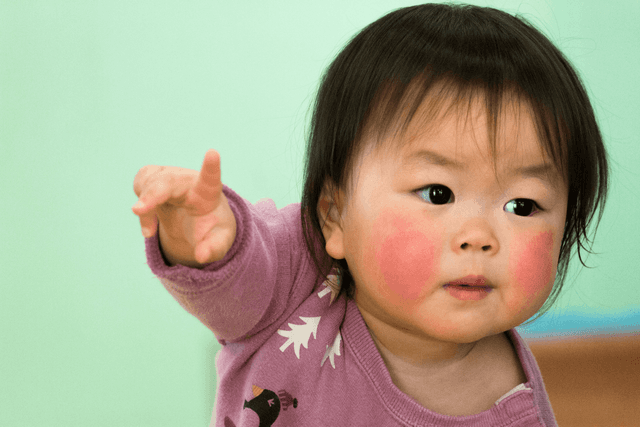Advocacy
Policy
Children’s Commissioner Hollonds addresses Parliamentary Friends of Early Childhood

Freya Lucas
Mar 01, 2021
Save
National Children's Commissioner Anne Hollonds has delivered an address to the Parliamentary Friends of Early Childhood, sharing the vision she holds for Australia’s early childhood policy, and drawing on what she termed “a growing tower of evidence” about child development, human capability, and the economic value of investing early to prevent problems and costs escalating.
“We are failing to create the conditions to enable all our children to live well, to support their mental health and develop their social, emotional, physical and cognitive abilities, including the key human capabilities which are foundational for all learning, relationships and productive adult life,” Ms Hollonds began, building on points raised in a National Press Club address held last month.She described the current early childhood education and care (ECEC) landscape as one which is fractured, and one in which children are participating in a lottery based on where they are born.
“There is no national coordination to ensure the safety, health, wellbeing and development of our children. Much of what we do is trying to address the symptoms, not the root causes, such as poverty, discrimination or disadvantage.”
The human costs of such a disparate system, Ms Hollonds said, are also economic costs for taxpayers.
“Despite at least two decades of mounting evidence of the human and economic value of investing earlier in prevention and early intervention, and in creating the conditions to support children and their families, we have been unable to shift investment upstream and right now we are continuing to pay more for expensive late reaction policies.”
Putting it in layman’s terms, the current system which views ECEC as a separate stream of education, and which fails to value the intricate work of the sector as an approach akin to “ambulances at the bottom of the cliff”.
“How bad do things need to get before we are prepared to do “whatever it takes” nationally, to do the right thing for our children, and for all of us as taxpayers?” Ms Hollonds asked.
Australia is ranked 32nd out of 40 OECD countries on “child wellbeing” and 30th out of 38 countries for educational equality, with a widening gap in reading skills. 20 per cent of Australian children experience significant vulnerabilities and adversity – with immediate and life-long consequences, which can go on for generations.
These, Ms Hollonds said, are “just a few indicators of what it looks like when we fail to invest in a coordinated way in the development and wellbeing of our children and their families, who are caring for them”.
To read Ms Hollonds’ speech in full, please see here.
Don’t miss a thing
Related Articles



















